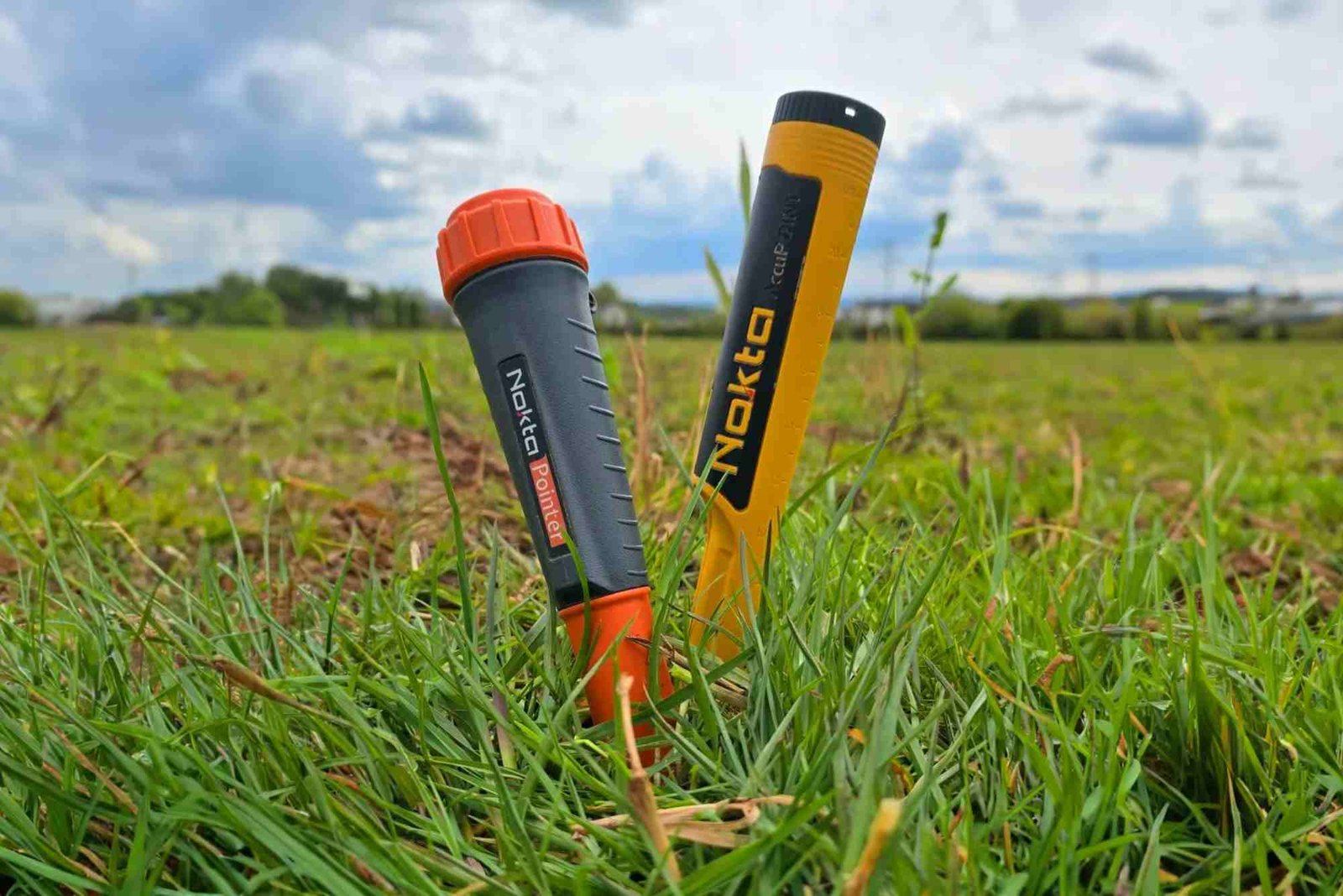Benign Prostatic Hyperplasia (BPH) is a common condition affecting men, especially as they age. It is characterized by the enlargement of the prostate gland, leading to urinary symptoms such as frequent urination, weak urine flow, and difficulty emptying the bladder. While medical treatments are available, many men wonder if lifestyle changes can help manage BPH symptoms effectively. The good news is that adopting a healthy lifestyle can significantly improve prostate health and reduce the severity of BPH symptoms.
Understanding the Impact of Lifestyle on BPH
The way we eat, exercise, and manage stress plays a crucial role in prostate health. Making positive lifestyle adjustments can slow the progression of BPH and even alleviate some of its uncomfortable symptoms. While lifestyle changes may not completely eliminate the need for medical treatment, they can work alongside other therapies to enhance overall well-being and improve quality of life.
Dietary Adjustments for Managing BPH
Choosing the Right Foods
Eating a balanced diet rich in essential nutrients can promote prostate health and help manage BPH symptoms. Certain foods have been shown to support prostate function, including:
- Tomatoes: Contain lycopene, an antioxidant that may reduce prostate enlargement.
- Leafy Greens: Rich in vitamins and minerals that help lower inflammation.
- Fatty Fish: Omega-3 fatty acids found in salmon and mackerel support heart and prostate health.
- Nuts and Seeds: Provide zinc, which plays a role in prostate function.
- Berries: High in antioxidants that protect against cellular damage.
Avoiding Prostate-Irritating Foods
Some foods and drinks can aggravate BPH symptoms by causing bladder irritation or increased inflammation. It is best to reduce the intake of:
- Processed and Fried Foods
- Caffeinated Beverages
- Alcohol
- Spicy Foods
- Excessive Dairy Products
The Role of Exercise in Prostate Health
Staying Active
Regular physical activity can help reduce the risk of BPH and alleviate its symptoms. Exercise improves blood circulation, reduces stress, and helps maintain a healthy weight, all of which are beneficial for prostate health. Men who engage in at least 30 minutes of moderate exercise daily may experience fewer BPH-related symptoms.
Beneficial Exercises for BPH
- Walking or Jogging: Improves cardiovascular health and reduces excess weight.
- Pelvic Floor Exercises (Kegels): Strengthens pelvic muscles and enhances bladder control.
- Yoga and Stretching: Reduces stress and enhances flexibility.
Importance of Hydration for Prostate Health
Staying hydrated is essential for maintaining healthy urinary function. Drinking plenty of water throughout the day helps flush toxins from the body and prevents urinary tract infections. However, it is advisable to limit fluid intake in the evening to reduce nighttime bathroom trips.
Stress Management and BPH
Chronic stress can worsen BPH symptoms by increasing inflammation and affecting hormone levels. Effective stress management techniques include:
- Meditation and Deep Breathing Exercises
- Regular Physical Activity
- Engaging in Hobbies and Social Activities
- Getting Enough Sleep
By incorporating these stress-reducing techniques into daily life, men with BPH can experience improved overall health and fewer urinary issues.
The Role of Natural Supplements in BPH Management
In addition to lifestyle changes, certain natural supplements can support prostate health and help manage BPH symptoms. Some commonly used BPH supplements include saw palmetto, beta-sitosterol, and pygeum. These natural ingredients have been studied for their potential benefits in reducing prostate enlargement and improving urinary flow.
How to Treat BPH Naturally and Medically
While lifestyle changes can help manage mild to moderate BPH symptoms, some men may require medical intervention for severe cases. Several treatment options are available, ranging from medications to minimally invasive procedures. To learn more about how to treat BPH effectively, it is essential to consult a healthcare professional for a personalized approach.
Choosing the Right Medical Support for BPH
For men experiencing persistent BPH symptoms, seeking medical advice is crucial. When selecting a healthcare provider, consider factors such as:
- Experience in Prostate Health
- Range of Treatment Options Offered
- Patient Reviews and Testimonials
- Accessibility and Comfort of the Clinic
For more insights on health-related topics, visit Basket Banks. This platform provides valuable information on maintaining overall well-being through healthy lifestyle choices and expert medical guidance.











